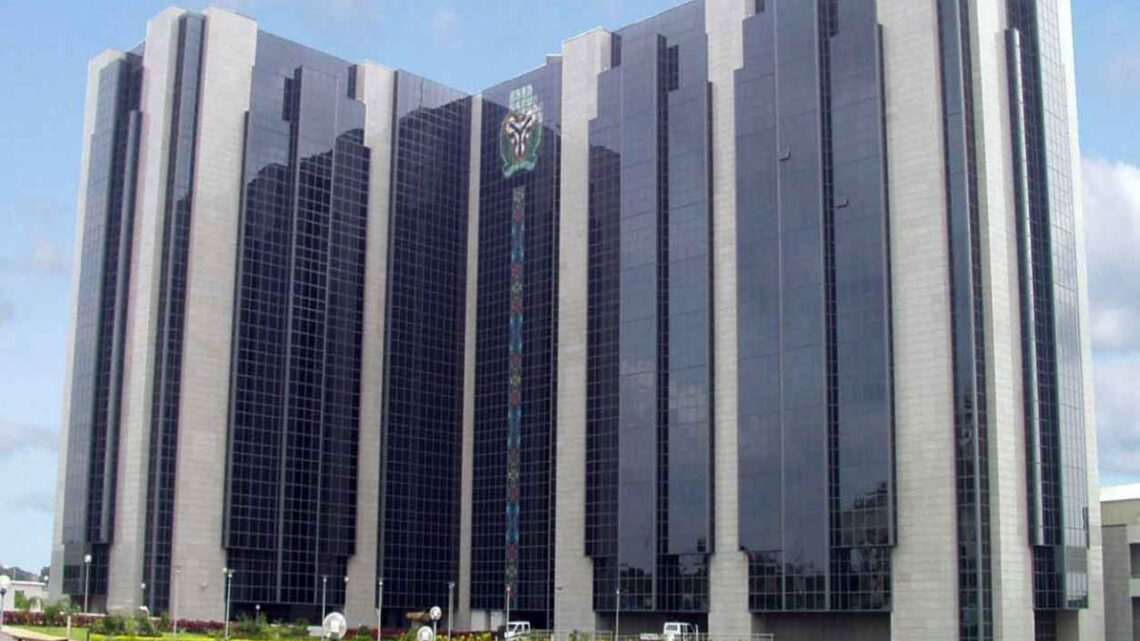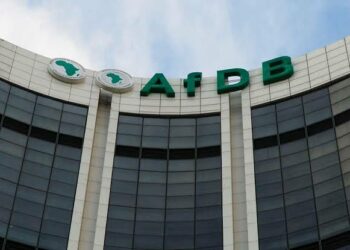Recently the International Monetary Fund (IMF) had endorsed the Nigeria’s economic reforms, saying it is a strong signal that the country is on the right path to restoring stability and strengthening the value of the local currency. However, challenges remain, and sustained commitment is required to ensure long-term economic stability.
The IMF’s first deputy managing director, Gita Gopinath, had underscored the importance of the government’s fiscal and monetary policy adjustments. She highlighted that Tinubu’s administration has embarked on crucial economic reforms, including foreign exchange deregulation and the removal of fuel subsidies—both of which were long overdue. According to her, these policies have played a key role in stabilising macroeconomic indicators, especially the national currency.
“The government has undertaken bold reforms, reforms that were much needed in terms of foreign exchange deregulation and fuel subsidy removal. These were important and had to get done, and these are difficult decisions to make. So, there is recognition that these reforms have brought stability to macro indicators, like the strength of the naira,” she stated.
Despite these early signs of success, Gopinath stressed the importance of public communication and transparency in the reform process. She warned that reforms require time to yield full benefits and urged the government to effectively communicate their long-term advantages to the public.
“It is very important to communicate to the public not just that reforms take time, but also to communicate what exactly is being done, how it’s going to help them, and not just help some parts of the economy. Because if you don’t bring people along, there won’t be patience for difficult reforms,” she added.
One of the key indicators of progress has been the relative stability of the naira, which had previously suffered sharp fluctuations in value. The IMF official pointed out that confidence in the local currency is crucial, and stability is achieved when sound economic fundamentals back it.
“Confidence in the currency is very important. Currency tends to be stable when it is backed by sound fundamentals, which means monetary policy is doing the right thing in trying to bring inflation down. Fiscal policies must also be on the right path in terms of managing the deficit,” she explained.
Gopinath further emphasised that Nigeria must increase its domestic resource mobilisation to ensure sustainable economic growth. The country’s current government revenue as a share of GDP stands at about 10 per cent, which is significantly lower than that of its peers. She suggested that boosting revenue generation would strengthen market confidence and provide the necessary fiscal space to drive further development.
“Doing more on that front will also give confidence to markets. All of that is critical in moving on the path of growth in terms of improving security, power, and the ease of doing business. All of this is going to be super helpful,” she noted.
While the IMF has acknowledged the positive strides made, it also cautioned that Nigeria still faces significant challenges that need to be addressed to sustain the momentum of economic stability. Inflation remains a pressing concern, with rising food and energy costs affecting millions of households. Additionally, security concerns and bureaucratic bottlenecks continue to hinder Nigeria’s ease of doing business.
To tackle inflation, the Central Bank of Nigeria (CBN) has adopted tighter monetary policies, raising interest rates to curb excess liquidity in the system. However, experts argue that this must be complemented by structural reforms aimed at enhancing productivity and reducing dependence on imports.
Beyond economic reforms, Gopinath also used the platform to advocate for greater female participation in the field of economics. Speaking ahead of International Women’s Day, she encouraged young girls to consider careers in economics, emphasising the vast opportunities the discipline offers.
“What I want to emphasise to young girls is that economics is a subject that opens doors to many different professions. You could be in consulting, finance, or government. You could be doing a lot of good for society. There’s a lot of opportunity,” she said.
Gopinath stressed the importance of creating an inclusive and supportive environment within universities and workplaces to encourage more women to enter and thrive in the profession. “We need more women in this profession, not just because diversity of views is valuable, but because, sometimes, women are just better at the job. It is important to have women in these roles, and it is crucial that universities provide the right kind of environment so women feel like they are benefiting from the classes, that they can speak up, and that there is a good peer network,”she noted.
She further emphasised that women, like anyone else, make career choices based on cost-benefit analysis, and economics as a profession offers considerable rewards. “Ultimately, women, just like anyone else, are going to be guided by the cost-benefit analysis of working in the economics profession. And I just want to say, there are good benefits,”she concluded.





